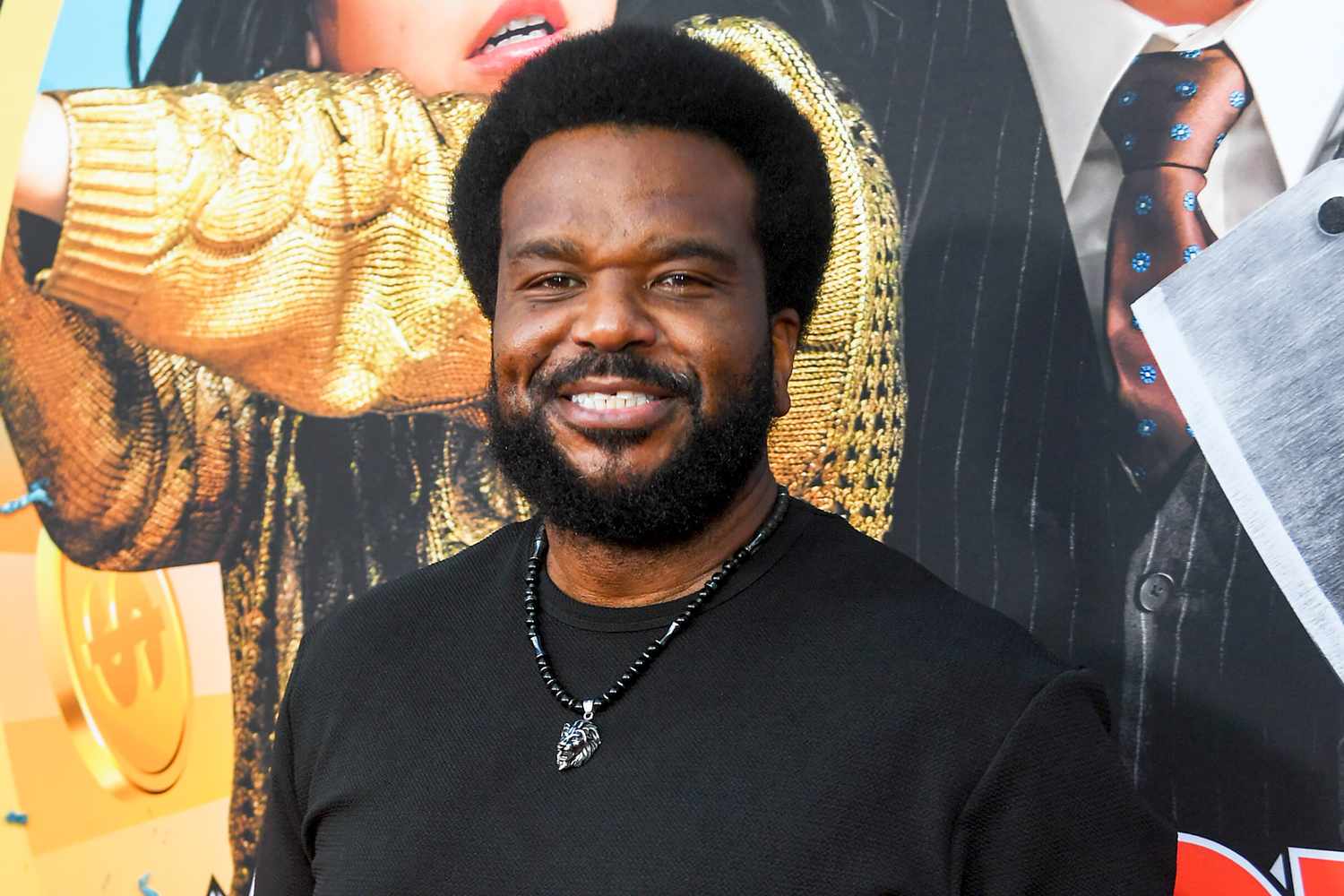Why ‘Squid Game’ didn’t get a happy ending
Still processing the final moments of "Squid Game"? You're not the only one. But what may come as a surprise is that the show's creator, Hwang Dong-hyuk, originally envisioned a very different conclusion.
"Squid Game" nearly ended on a positive note. During a recent interview with Vanity Fair, Hwang revealed that he initially drafted seasons two and three within just six months, though he later revised them significantly. One of the biggest revisions? The series finale.
When asked why he chose to end the series with Gi-hun sacrificing himself to protect a baby, and why the final scene took place in Los Angeles, Hwang shared some early ideas. "In the beginning, when I was just vaguely thinking about seasons two and three, I thought of an ending where Gi-hun makes it out of the games alive and goes to see his daughter in the US. So it was kind of a happy ending," he explained.
"But once I actually started writing, I got to thinking more and more about what it is that I wanted to say through this show. What kind of message should I be sending to the world? And that's when I felt the current ending would be more appropriate."
So what led to the shift? Hwang pointed to the worsening global situation. "I felt that the world had gotten even worse compared to when I was working on season one. Economic inequality was getting worse; no real solutions were being offered for the climate crisis; the threat of war was growing in various parts of the world; and the number of vulnerable people falling outside the social safety net was increasing. It felt like the younger generations were losing more and more hope for the future."
This increasingly grim reality shaped the show's more sombre conclusion. Hwang explained, "So as part of the older generation, I thought that to leave a better world for future generations, it was time for us to put a halt to our incessant greed and selfishness, at least to some extent. I felt it was time for us to make sacrifices and start thinking seriously about how we can create a better tomorrow."
"That was the reason behind having a baby be a part of the story. The baby symbolises hope and the future generation. By having Gi-hun, a member of the older generation, sacrifice himself to save that child, I wanted to convey the idea that this is how we must look at giving the future generation a better world. I felt that was the most suitable ending for this show."
So, what would the earlier version of the finale have looked like? Would Gi-hun have survived? Hwang clarified, "The ending wasn't about him being the sole survivor again. I had a vague idea that Gi-hun and a few of the other major characters — and maybe including the baby as well — would survive and leave the island. I imagined Jun-ho and the police arriving at the right time during the final game and, instead of Gi-hun ending the game on his own, he'd do it with the help of others."
In other words, the show could have wrapped up on a much lighter, more hopeful note. But instead, Hwang opted for an ending that carried a deeper message — one that sparked global conversation, regardless of whether viewers embraced or rejected it.



 For all latest news, follow The Daily Star's Google News channel.
For all latest news, follow The Daily Star's Google News channel. 
Comments